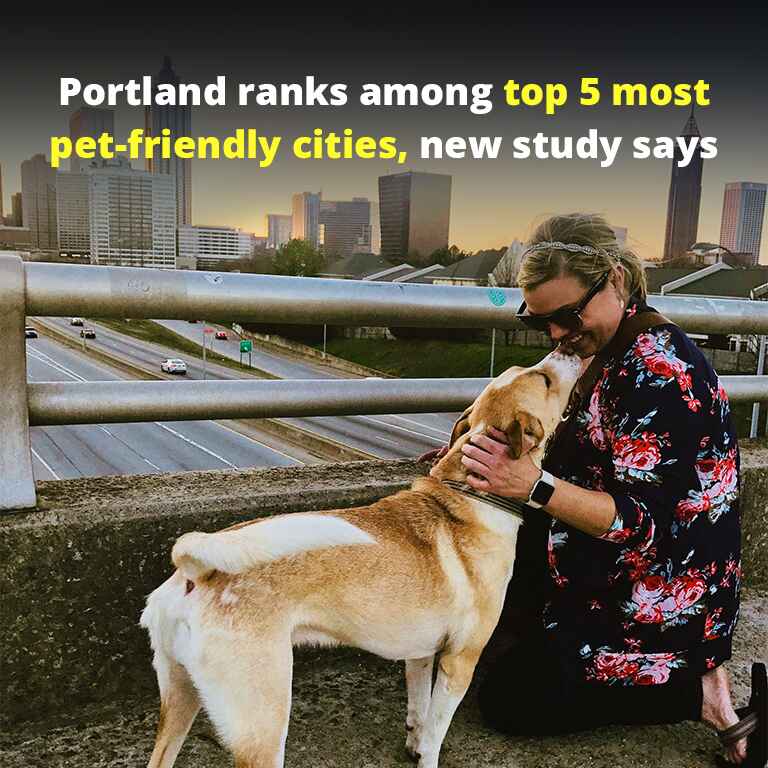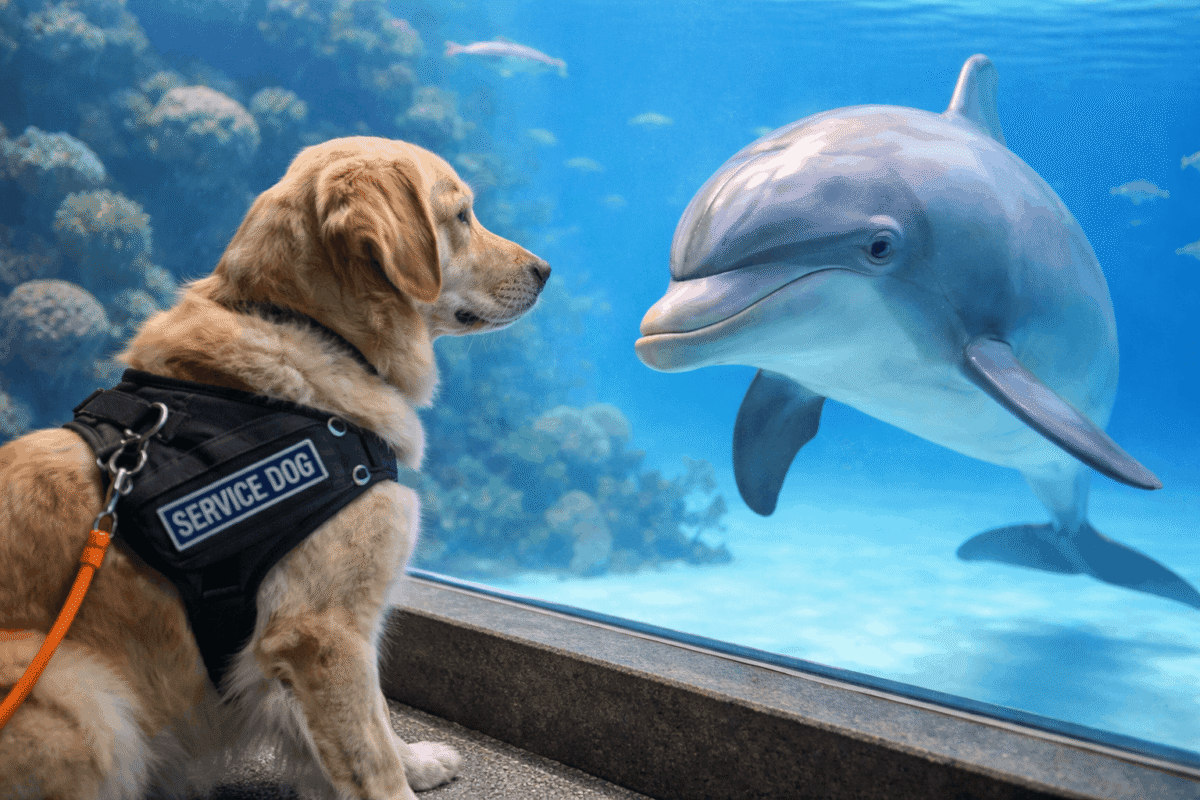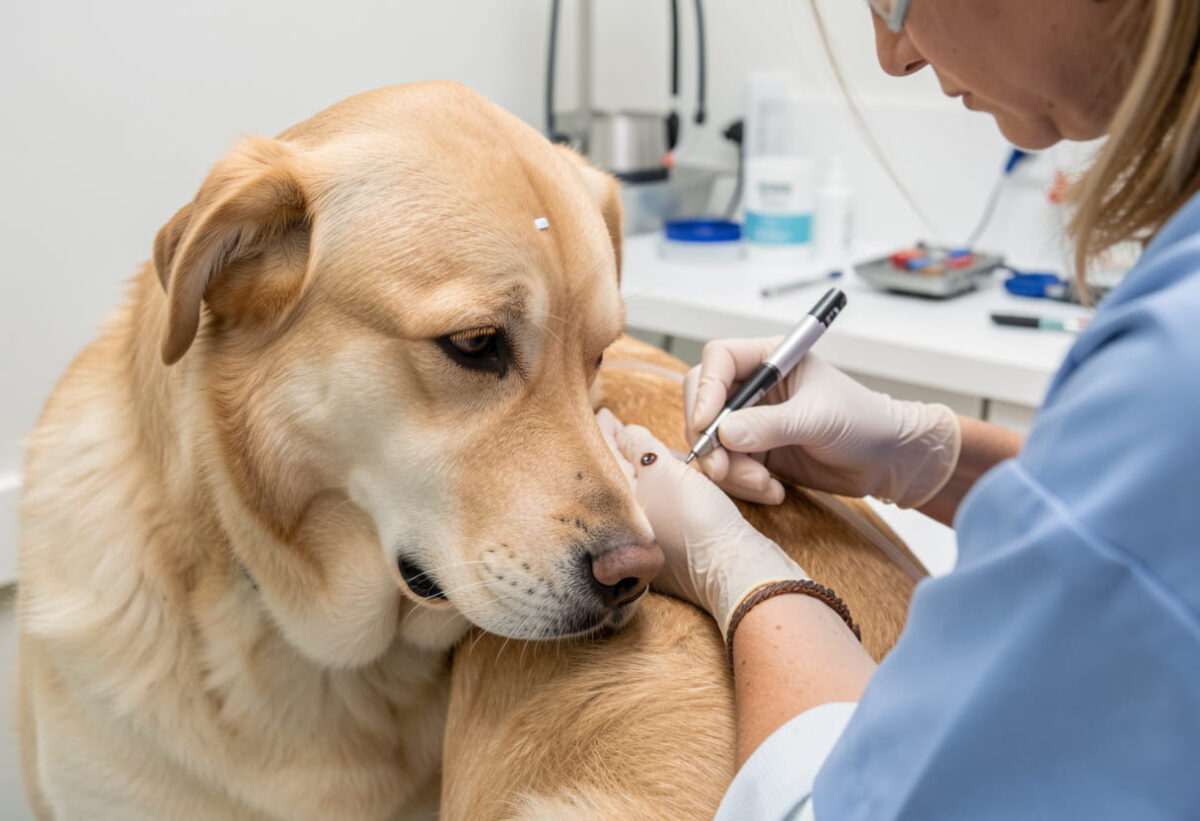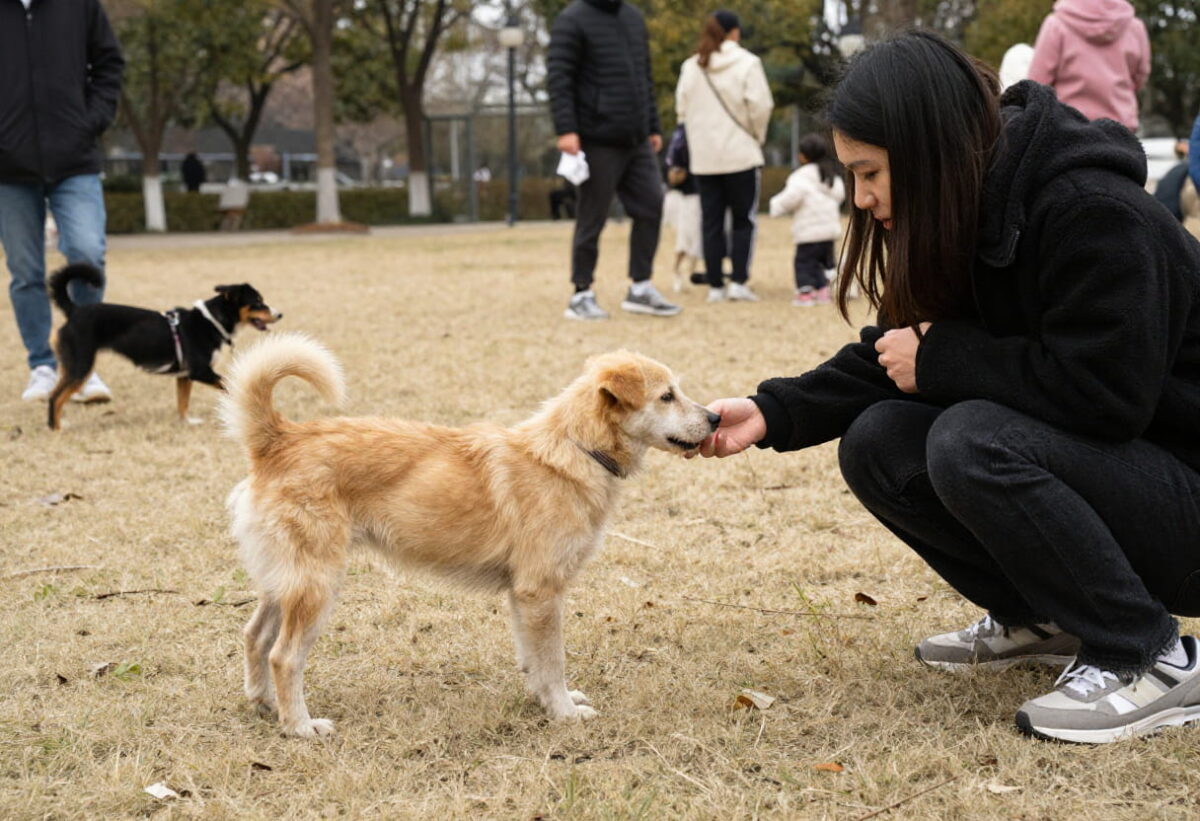Portland Pet-Friendly Cities Rank in Top 5

PORTLAND, Ore. (KOIN) — Put those paws up, gentlepeople, since WalletHub ranked the city fifth among the most pet-friendly cities in the country. In its 2025 ranking, WalletHub collected data from 100 major cities that considered several key factors such as canine budget, health, and wellness, along with outdoor activity for canines, ultimately placing Portland as a leading Portland pet-friendly city. Besides, analysts also reviewed 23 other metrics, including vet costs, pet businesses, and animal shelters.
On its way up the list, Scottsdale in Arizona took the spotlight, also ranking on top for overall pet health and wellness according to the study.
Besides other metrics, Portland tied with San Diego, Calif., Orlando, Fla., and Austin, Tex. for the highest number of dog-friendly restaurants on a per capita basis.
Portlanders also have a great love for letting their dogs run around and interact with other canines, because the city tied with New York, San Francisco, Boise, Idaho, and Henderson, Nev., for the highest number of dog parks per capita.
“The most pet-friendly areas are not merely the cheapest cities to keep a pet and take care of its health, though this is a huge consideration,” explained WalletHub analyst Chip Lupo. “A range of factors come into play when considering how best to foster pets in a city-from the possibility of vets and pet-friendly stores to how many parks there are and how walkable each option is.”
Portland has cemented its top status among highly pet-friendly cities in America, as numerous national surveys over the years have consistently ranked it in the top five. What separates Portland is not only the number of dog parks but also the successful interplay between outdoor spaces for pets and their owners. Forest Park, a vast area of the urban wilderness, boasts an endless number of trails where dogs can take long walks. The city is also a paradise for outdoorsy types and their four-legged companions.
The kind of thing here is much easier than anywhere else in the country. The other city is tied atop the charts for restaurants that will take a dog in, so every single one is a real paradise for dogs, where one might procure whatever coffee, or be treated to a simple dinner or a fine dinner at a dog-friendly location. This kind of inclusion is representative enough to make Portland so strange to the traveler who would rather not leave behind his dog while enjoying or trying the culinary offerings of the city.
Back in 2025, the city had set a pioneering example in pet tourism with the inception of a discount card called the Portland Pup Pass, a VIP-first digital passport. In fact, it guarantees discounts in over 200 locally pet-friendly establishments — from restaurants and shops to recreation centers. As a result, it stands as a proud testimonial to the city carving ways forward for ease of life and sustenance for pets and their people.
Furthermore, it also contributes to building a new economy centered on pet-centric tourism and hospitality. In addition, the Pup Pass highlights Portland’s commitment to creating long-term solutions that benefit both residents and visitors.
For example, Portland’s remarkable cityscape has been developed with a pet-first environment and culture, making it one of the greenest and most sustainable cities in America. Moreover, clean public parks, eco-friendly pet products, and pet-friendly modes of public transit all play a vital role in shaping this reputation.
Therefore, Portland has become a land where both pets and their owners can thrive with ease. Ultimately, this merging of green values and pet-friendliness only deepens Portland’s mystique as a forward-thinking and inclusive metropolis. Consequently, the city continues to stand as a model for others aiming to balance sustainability with pet-friendly living.
Taken in its entirety, Portland stands for how cities should treat pets as members of their own community. From parks to patios and beyond, the city proves that urban landscapes can be lively and inclusive. Portland’s style certainly benefits pet owners in the area but will also spur on other cities to debate the place of pets in their social and cultural life.





